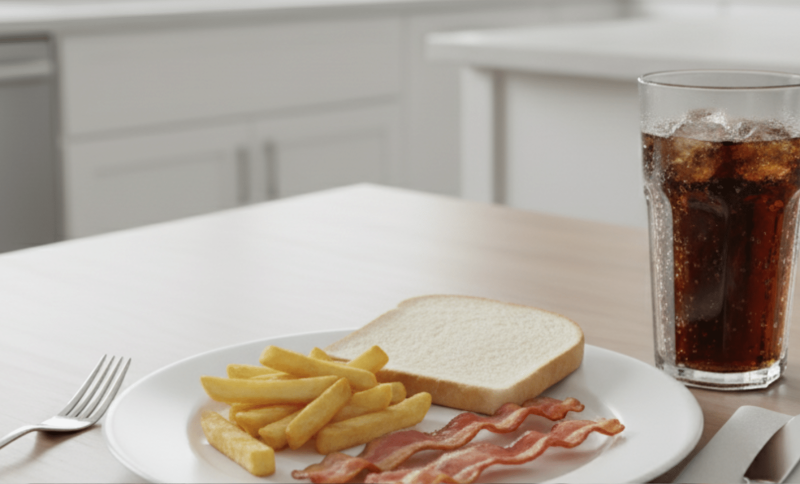Your gut is home to trillions of tiny bacteria that work around the clock to keep you healthy.
These helpful microbes help digest food, boost your immune system, and even influence your mood through what scientists call the “gut-brain connection.”
But here’s the thing – what you eat can either feed the good bacteria or harm them. When your gut health suffers, you might experience bloating, digestive issues, frequent illness, or even brain fog.
Here are the foods that can mess with your gut health, why they cause trouble, and what you can eat instead to feel better.
Why Your Gut Health Matters More Than You Think
Think of your gut as a bustling city filled with both helpful and harmful bacteria. When the good guys outnumber the bad ones, everything runs smoothly.
Your gut helps absorb nutrients from food, produces important vitamins, and acts like a security guard for your immune system.
But when harmful bacteria take over, problems start. You might notice uncomfortable bloating, irregular bathroom visits, or getting sick more often.
Poor gut health has also been linked to skin problems, mood changes, and even difficulty concentrating.
The foods you choose have incredible power to tip the balance in favor of the good bacteria.
What Your Gut Needs to Thrive
Before we dive into the foods to avoid, let’s talk about what makes your gut happy:
- Fiber – Think of fiber as food for your good bacteria. It comes in two types: soluble fiber (found in oats and apples) that dissolves in water, and insoluble fiber (found in whole grains) that adds bulk to help things move along.
- Prebiotics and Probiotics – Prebiotics are like fertilizer for good bacteria, while probiotics are the actual good bacteria themselves. Together, they create a thriving gut environment.
- Plant Variety – The more different types of fruits and vegetables you eat, the more diverse your gut bacteria become. Diversity is key to a strong, resilient gut.
- Hydration and Healthy Fats – Water keeps everything moving smoothly, while healthy fats help reduce inflammation and support the gut lining.
The Worst Foods for Your Gut Health
These foods can throw your gut bacteria out of balance and cause digestive issues. The good news is that small changes can make a big difference in how you feel.
1. Ultra-Processed Foods
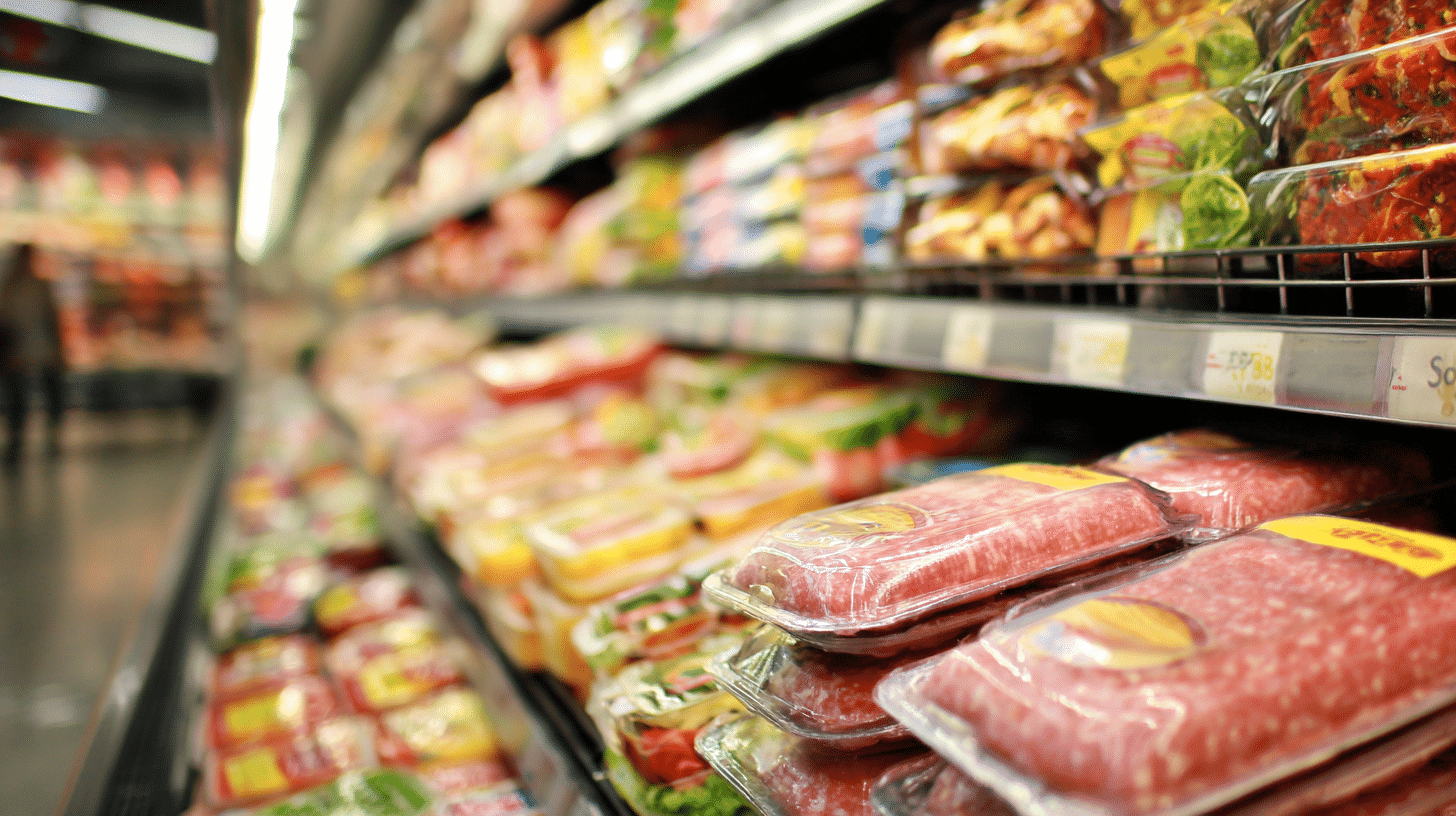
Those convenient, ready meals and processed meats might save time, but they’re loaded with preservatives, artificial additives, and unhealthy fats that can upset your gut bacteria balance.
These foods often lack the fiber and nutrients your gut needs to stay healthy. Your gut bacteria struggle to break down all those artificial ingredients, leading to inflammation and imbalanced gut flora.
2. Artificial Sweeteners
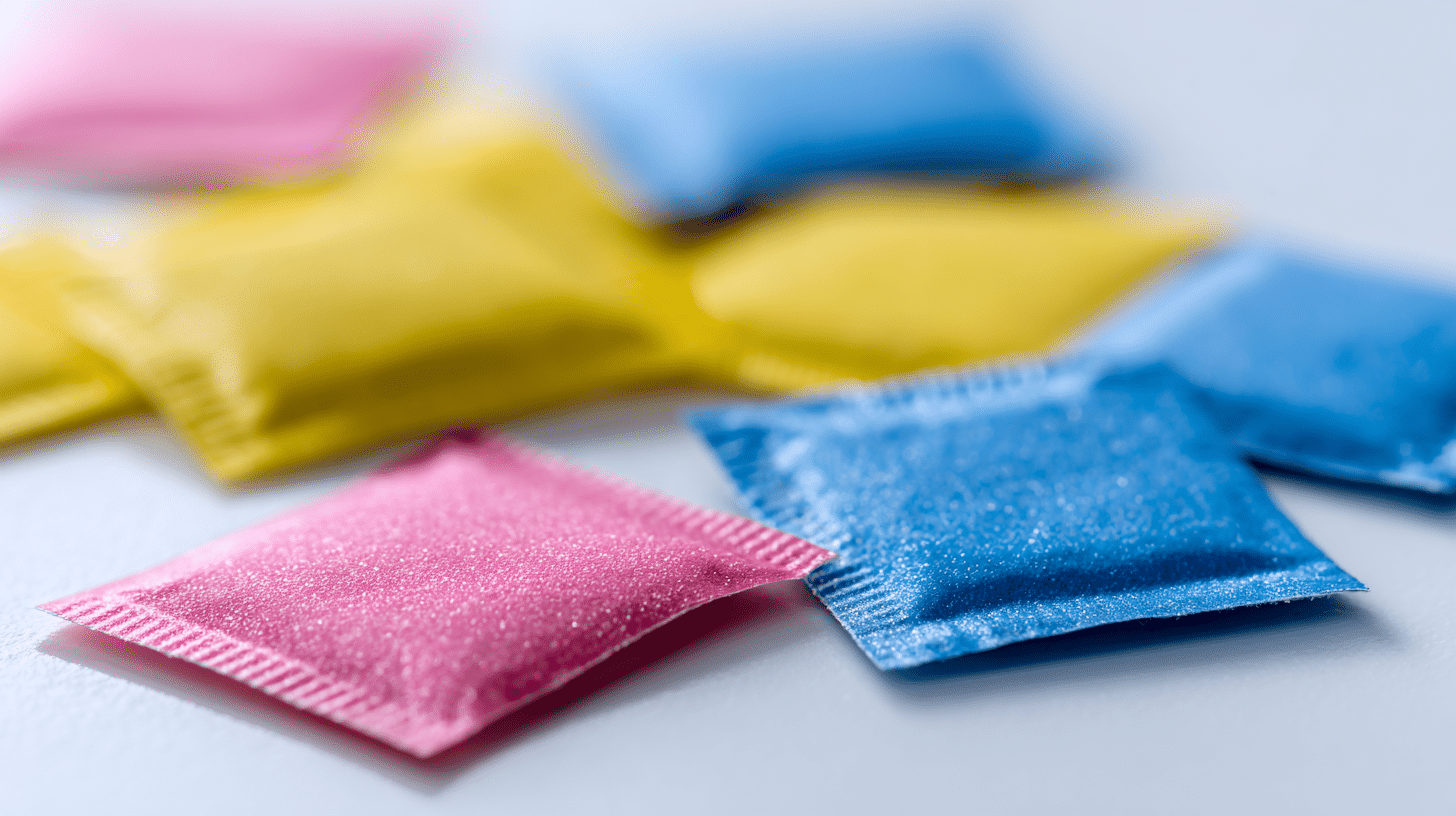
Aspartame, sucralose, and other artificial sweeteners can actually change the makeup of your gut bacteria.
Some studies suggest they may reduce the number of good bacteria and increase harmful ones, potentially leading to digestive issues.
3. Excessive Alcohol

While an occasional glass of wine might be fine, too much alcohol can damage your gut lining and kill off beneficial bacteria.
It can also increase inflammation throughout your digestive system. Heavy drinking essentially burns through your gut’s protective barrier, making you more vulnerable to harmful bacteria.
4. Sugary Sodas and Drinks
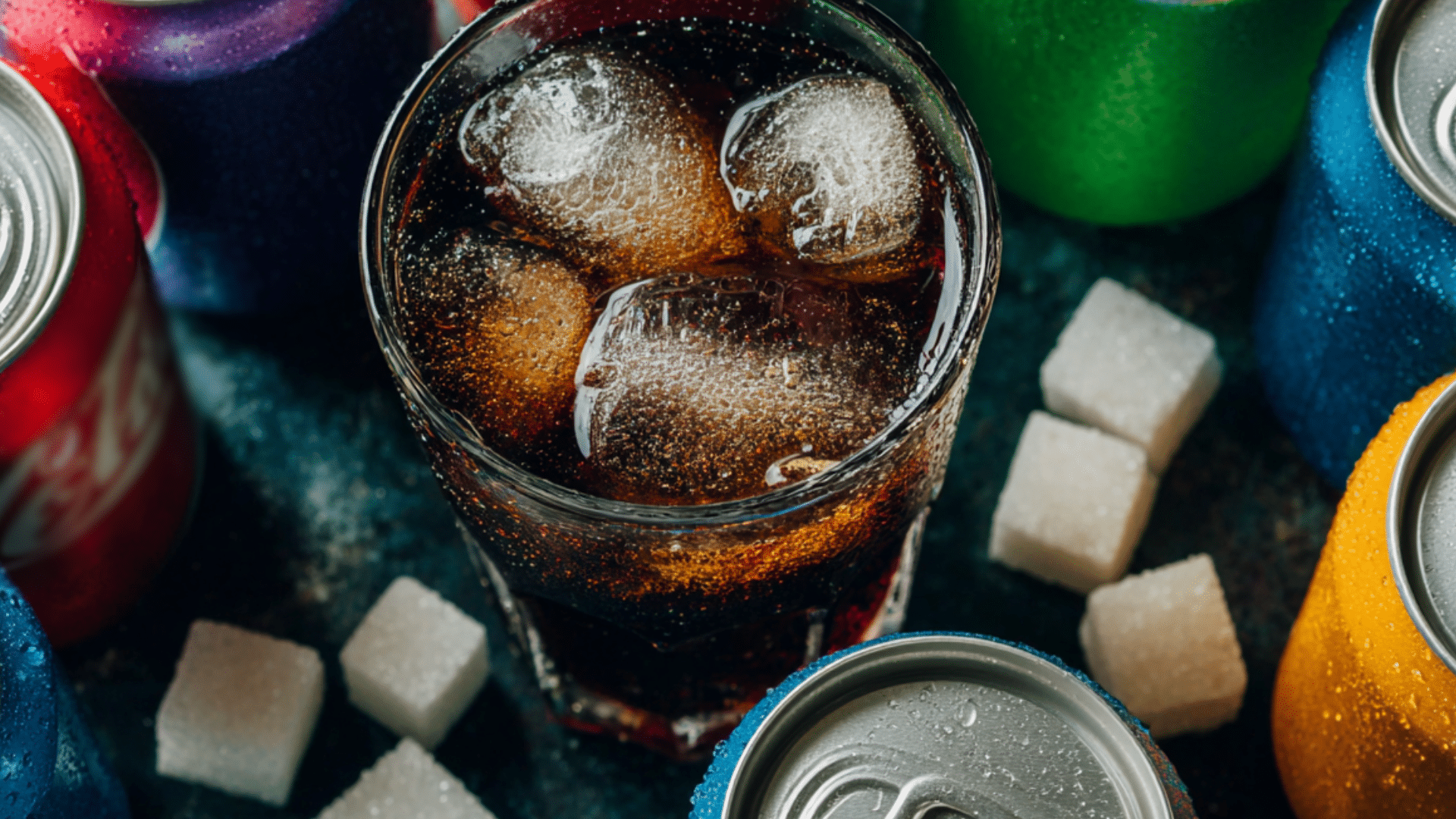
These liquid sugar bombs feed harmful bacteria and yeast in your gut, causing them to multiply rapidly. The result is an imbalanced gut that struggles to do its job properly.
All that sugar creates the perfect environment for bad bacteria to thrive while crowding out the good ones.
5. Deep-Fried Foods and Trans Fats
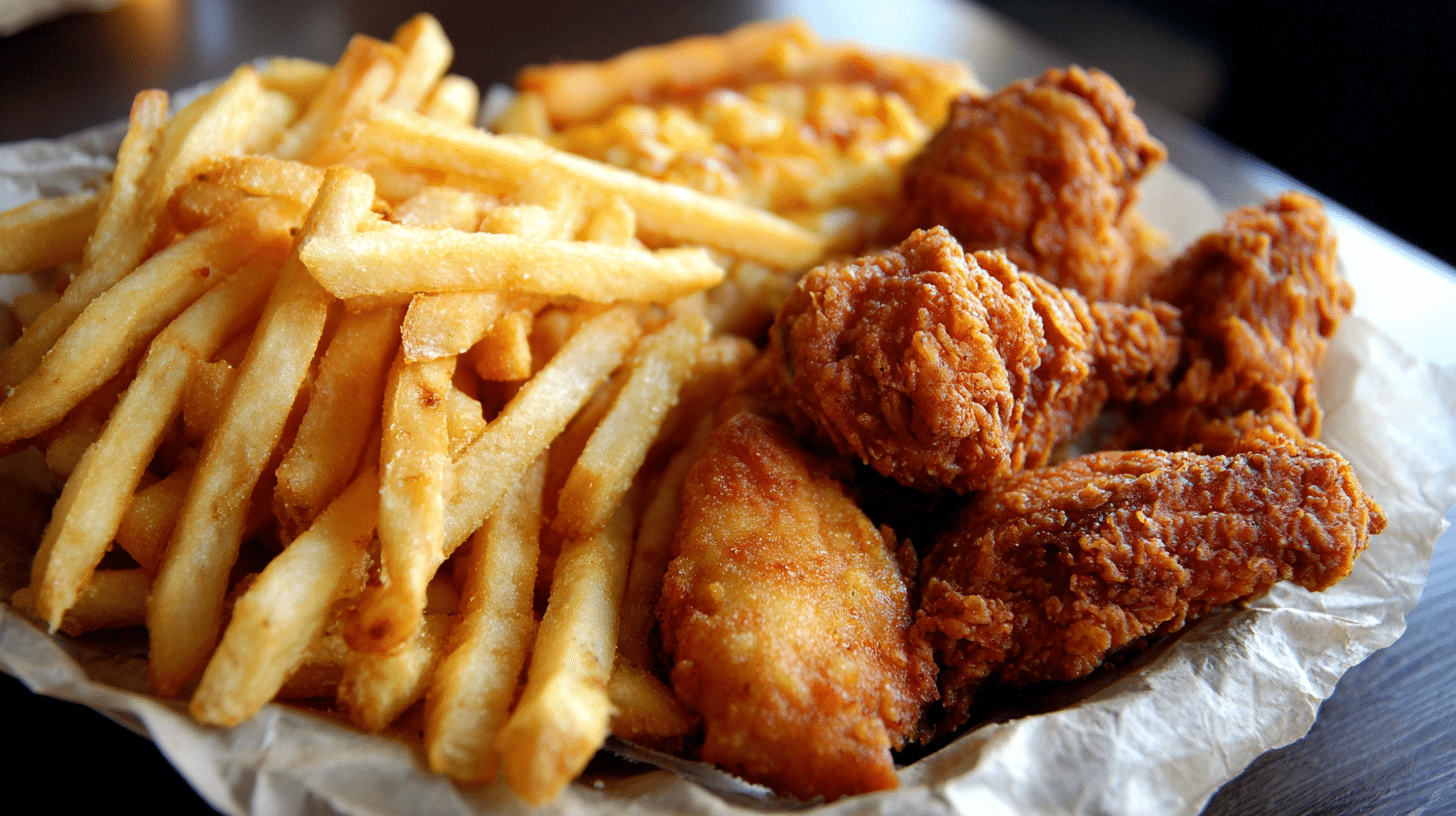
Foods fried in unhealthy oils create inflammation in your gut and can damage the protective barrier that keeps harmful substances from entering your bloodstream.
Trans fats are especially problematic because your body struggles to process them properly. This leads to chronic inflammation that can affect your entire digestive system.
6. Refined Grains
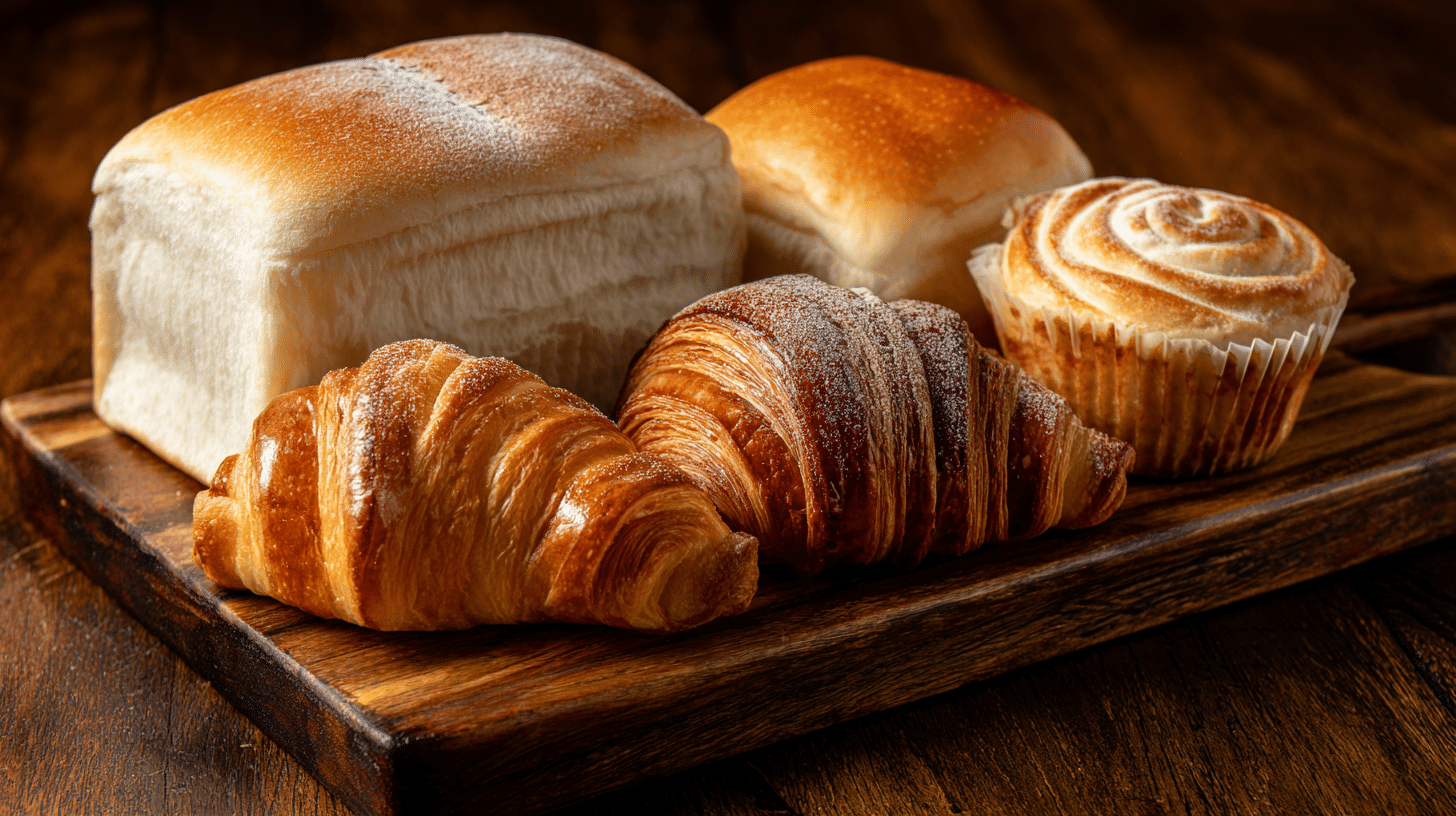
White bread, pastries, and other refined grain products have been stripped of their fiber and nutrients.
Without fiber, these foods can’t feed your good bacteria and may actually promote harmful bacteria growth. They also cause blood sugar spikes that can disrupt your gut’s delicate ecosystem.
7. Excessive Red Meat (Especially Processed)
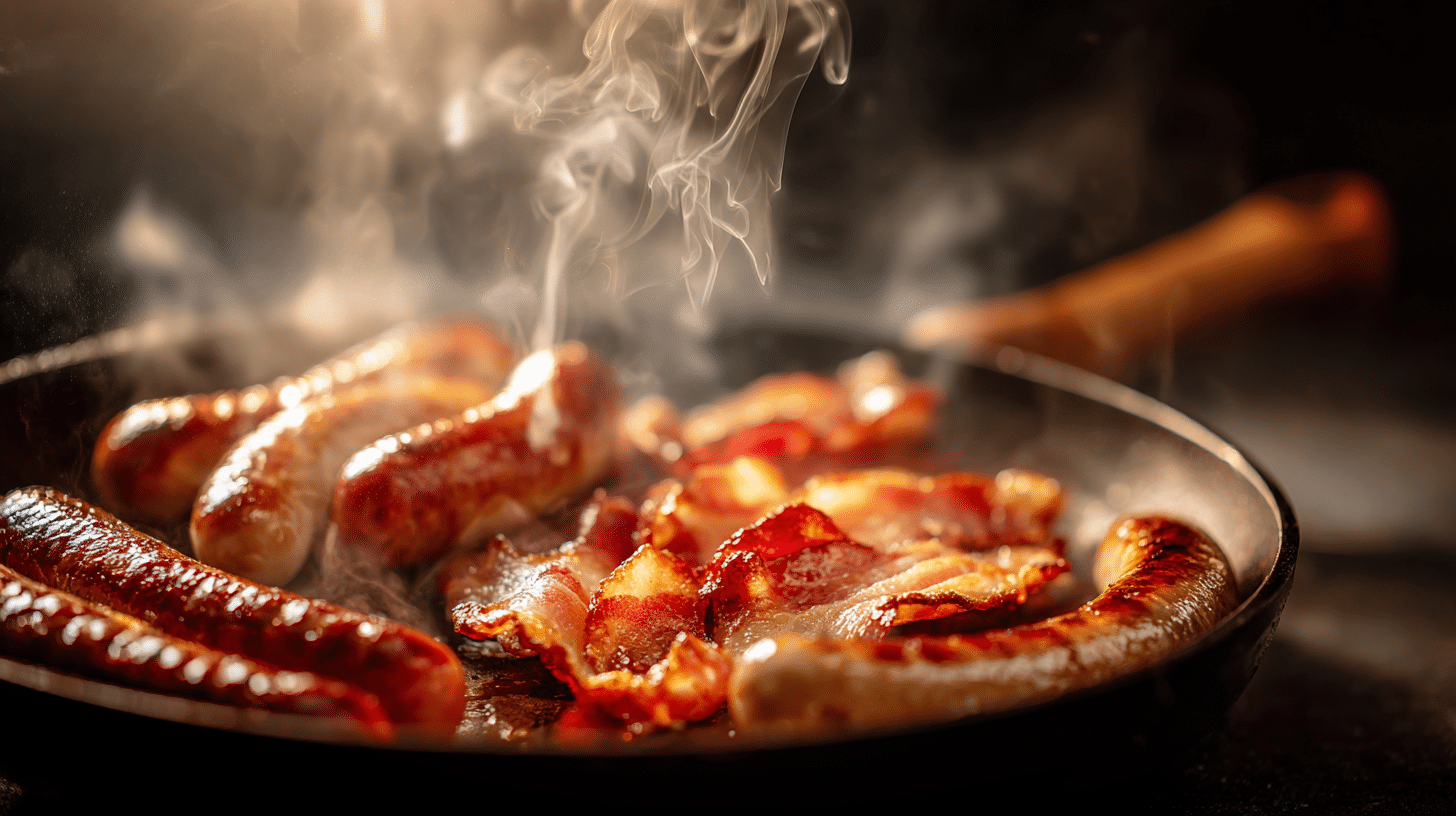
While some red meat can be part of a healthy diet, too much – particularly processed varieties like bacon and sausage – can create harmful compounds in your gut and reduce beneficial bacteria diversity.
Processed meats contain nitrates and other chemicals that can irritate your gut lining. The high protein content also feeds certain bacteria that produce inflammatory compounds.
8. High-Sodium Foods
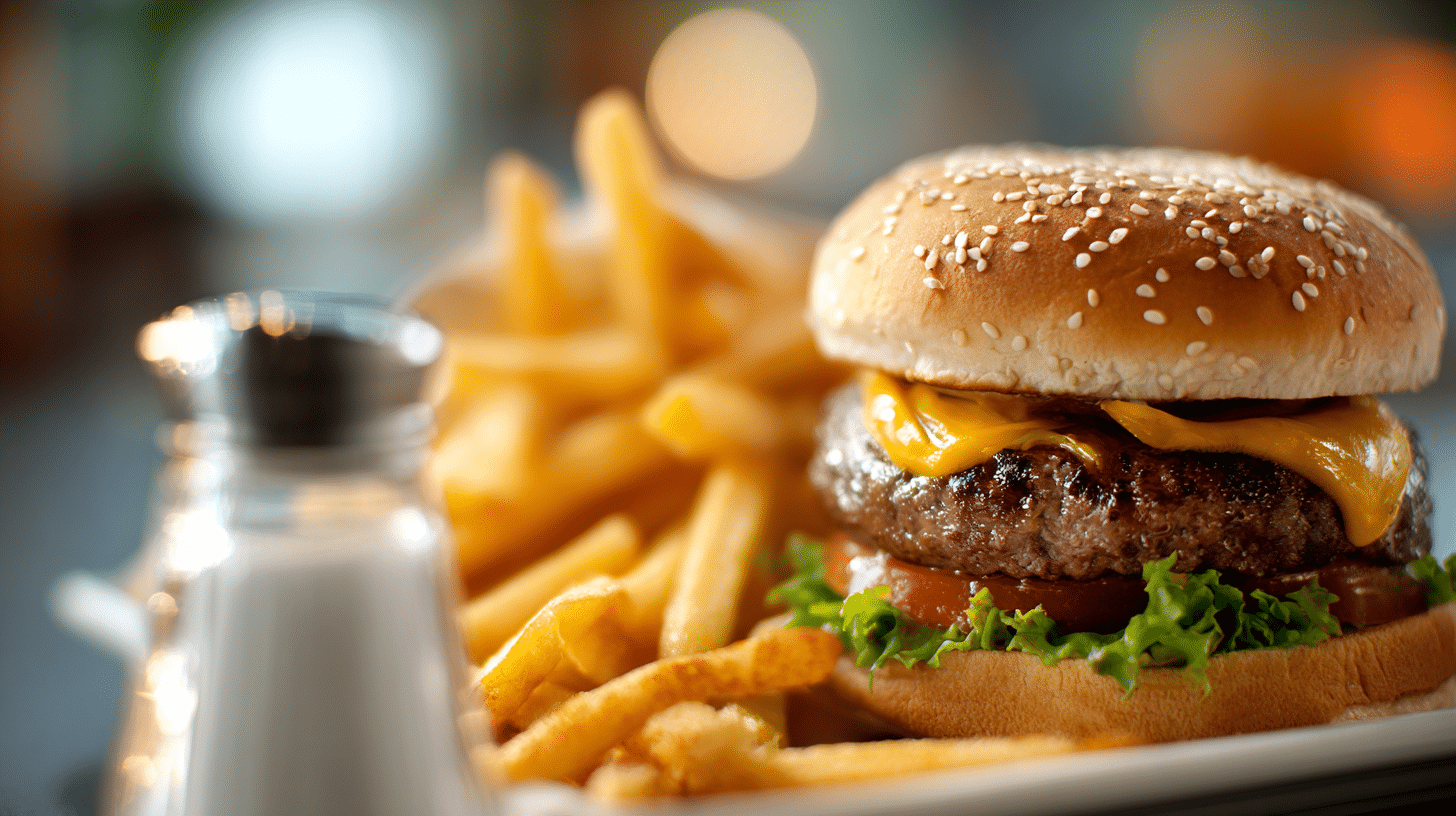
Too much salt can alter your gut bacteria balance and may increase inflammation. It can also affect the mucus layer that protects your gut lining.
High sodium intake has been linked to reduced diversity of gut bacteria, which weakens your overall digestive health.
9. Food Additives and Emulsifiers
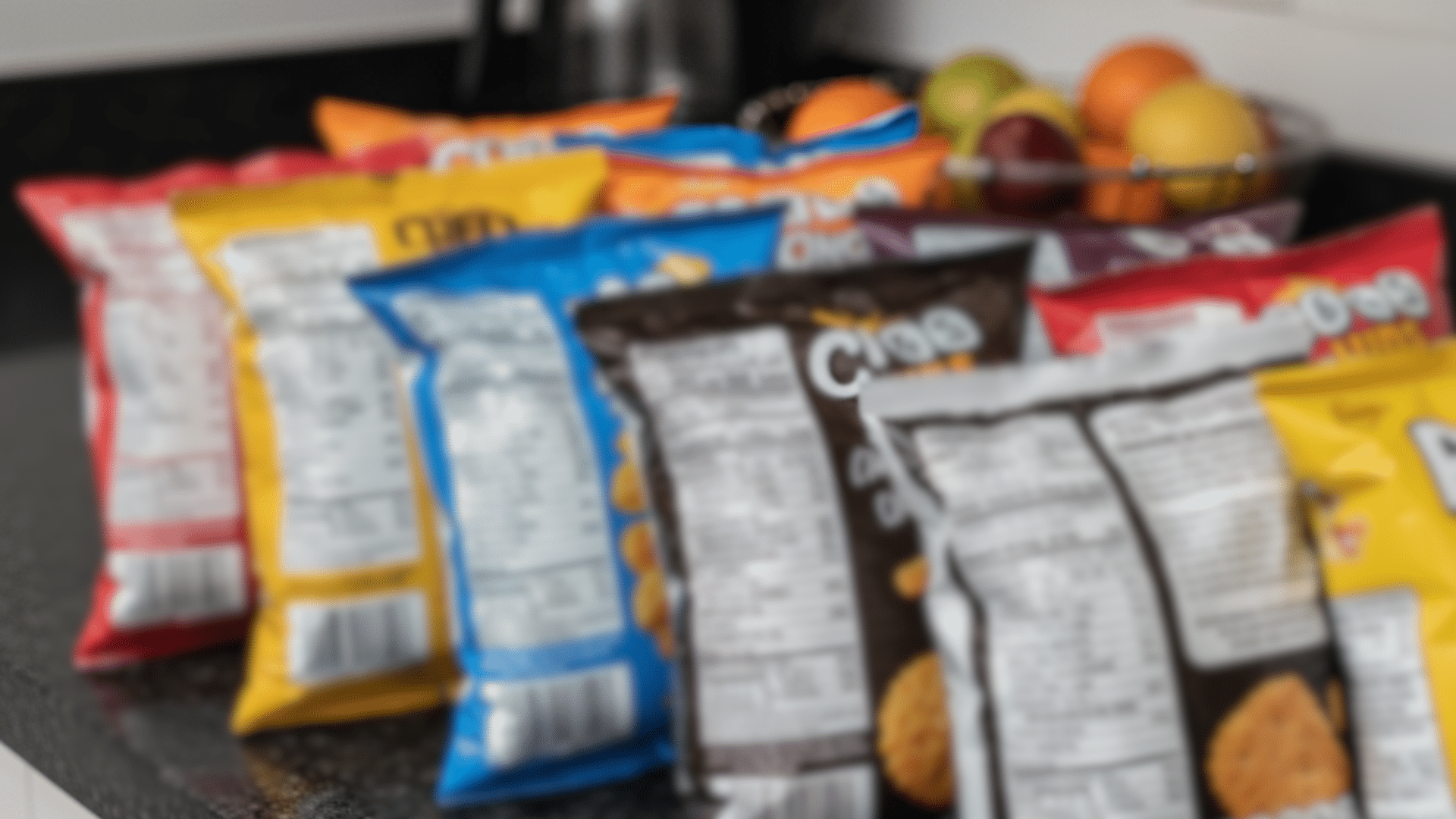
Many packaged foods contain additives that help preserve shelf life or improve texture, but some of these chemicals can disrupt your gut bacteria and weaken your intestinal barrier.
Common emulsifiers like polysorbate 80 and carboxymethylcellulose have been shown to thin the protective mucus layer in your gut. This makes it easier for harmful bacteria to reach and irritate your intestinal walls.
10. Excessive Caffeine
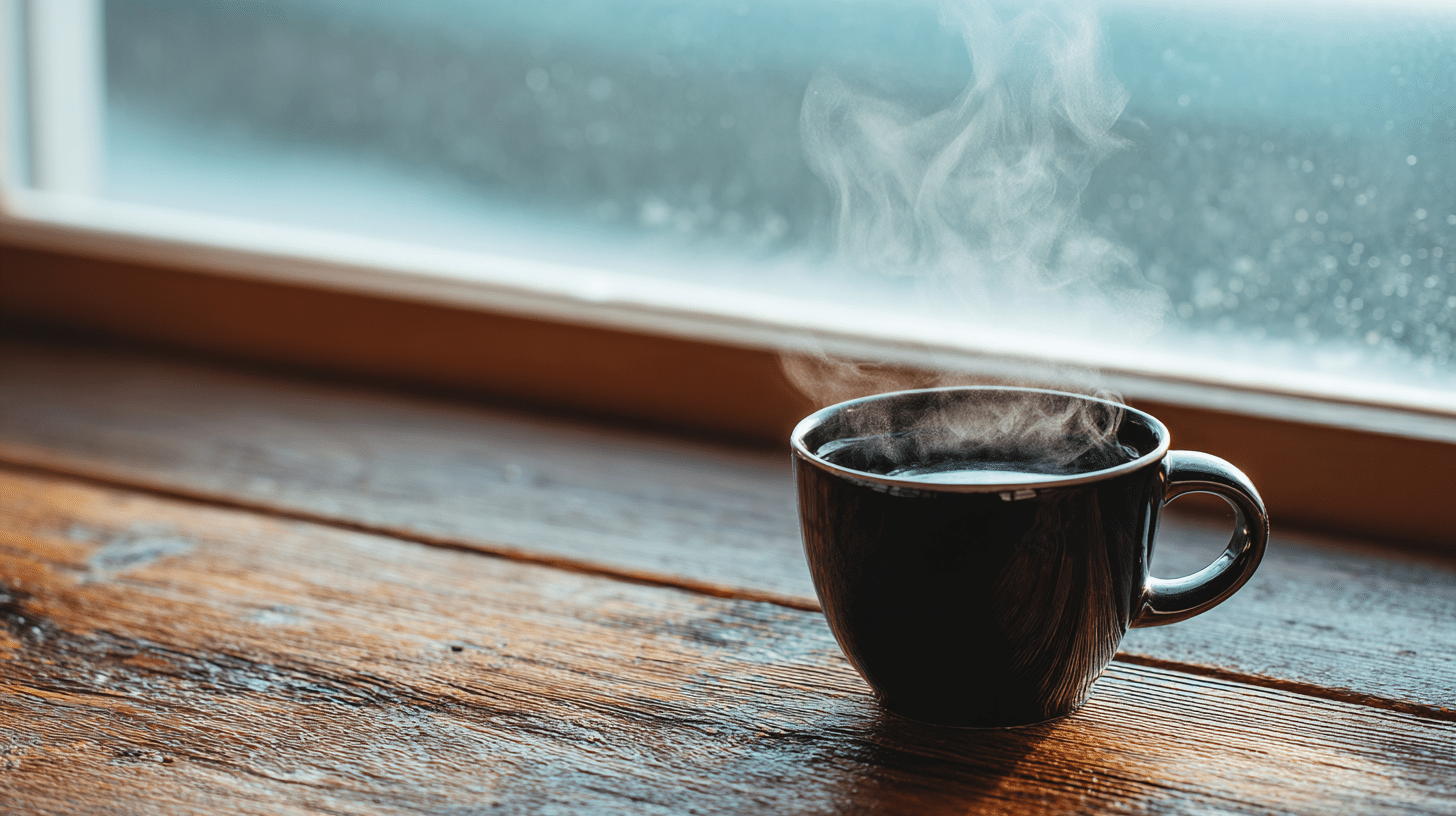
While moderate coffee consumption might actually benefit some people, too much caffeine can irritate your gut lining and worsen digestive issues, especially if you’re sensitive.
High amounts of caffeine can speed up digestion too much, leading to diarrhea and nutrient malabsorption.
11. Very Spicy Foods
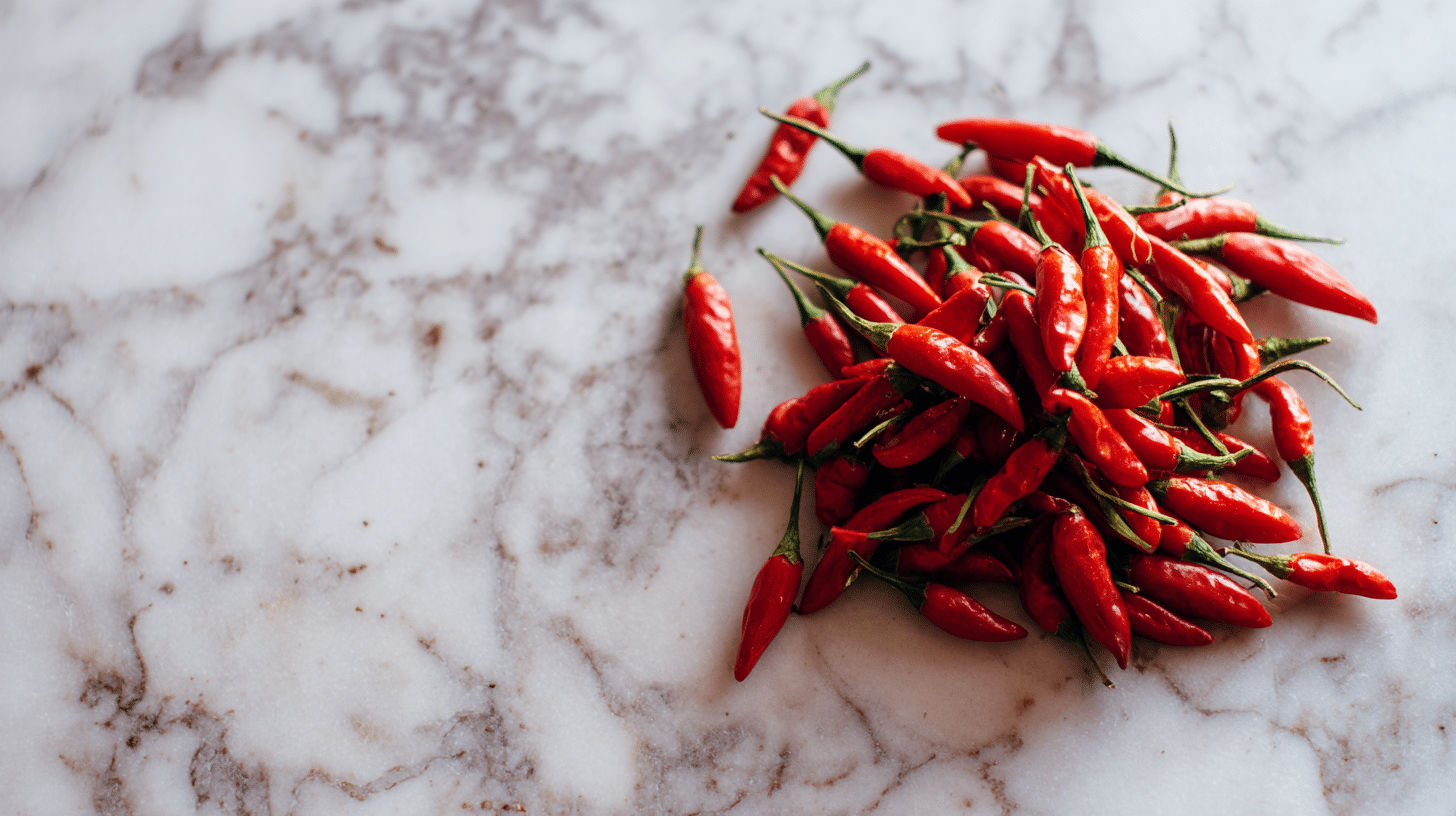
If you have certain gut conditions like IBS, extremely spicy foods can trigger symptoms and cause inflammation. However, mild spices often have beneficial properties.
The capsaicin in very hot peppers can irritate an already sensitive gut lining and trigger painful flare-ups.
12. Hydrogenated Oils and Margarine
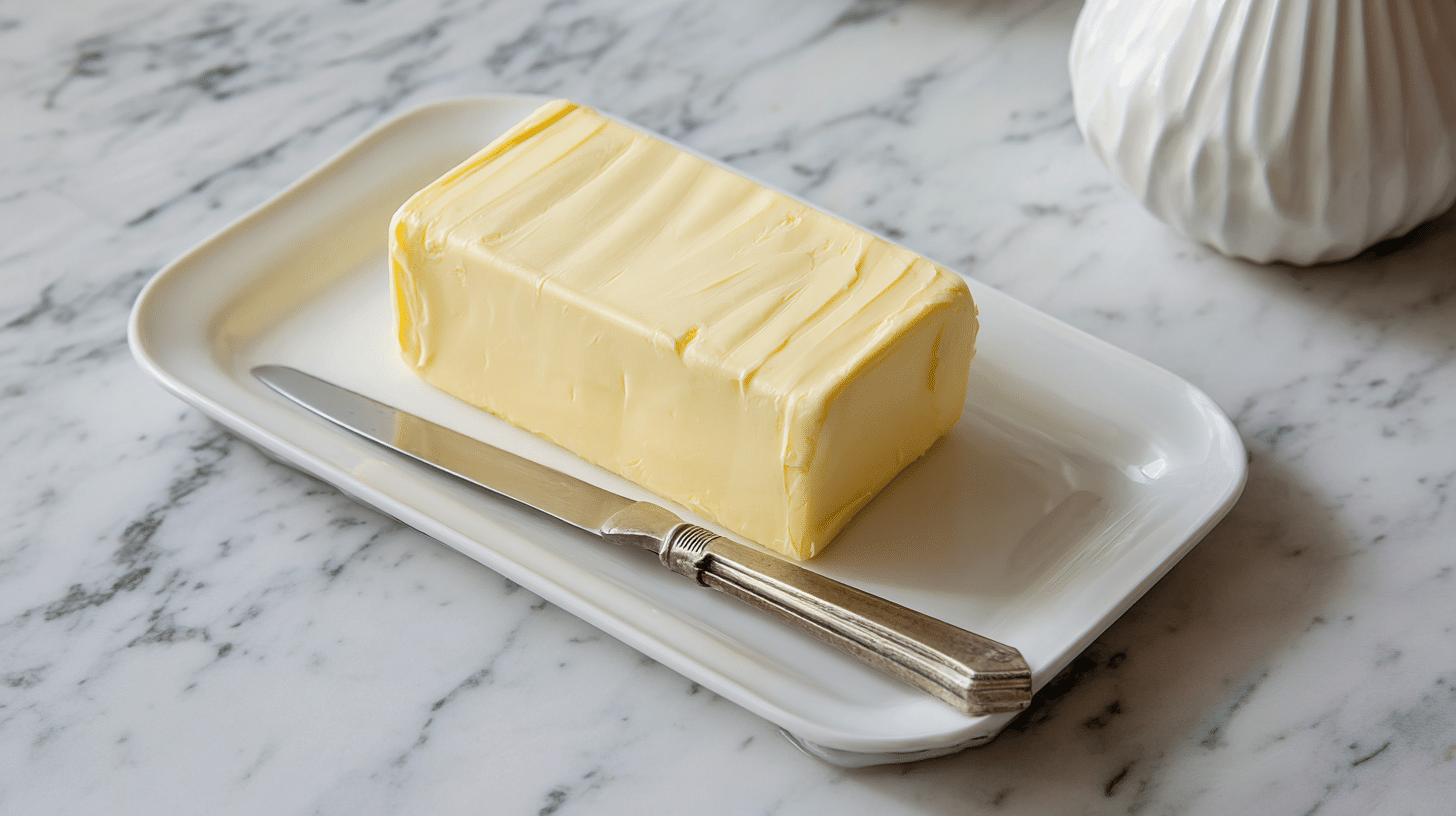
These artificial fats create inflammation in your gut and throughout your body. They’re often found in packaged baked goods and processed foods.
Your body treats these man-made fats as foreign substances, triggering an inflammatory response that can damage your gut barrier.
13. Excessive Refined Vegetable Oils

Oils high in omega-6 fatty acids (like corn and soybean oil) can promote inflammation when not balanced with omega-3 fats from sources like fish and flax seeds.
Most people get way too many omega-6s and not enough omega-3s, creating an inflammatory imbalance. This skewed ratio can worsen gut inflammation and slow healing of the intestinal lining.
14. Artificial Flavors and Colors
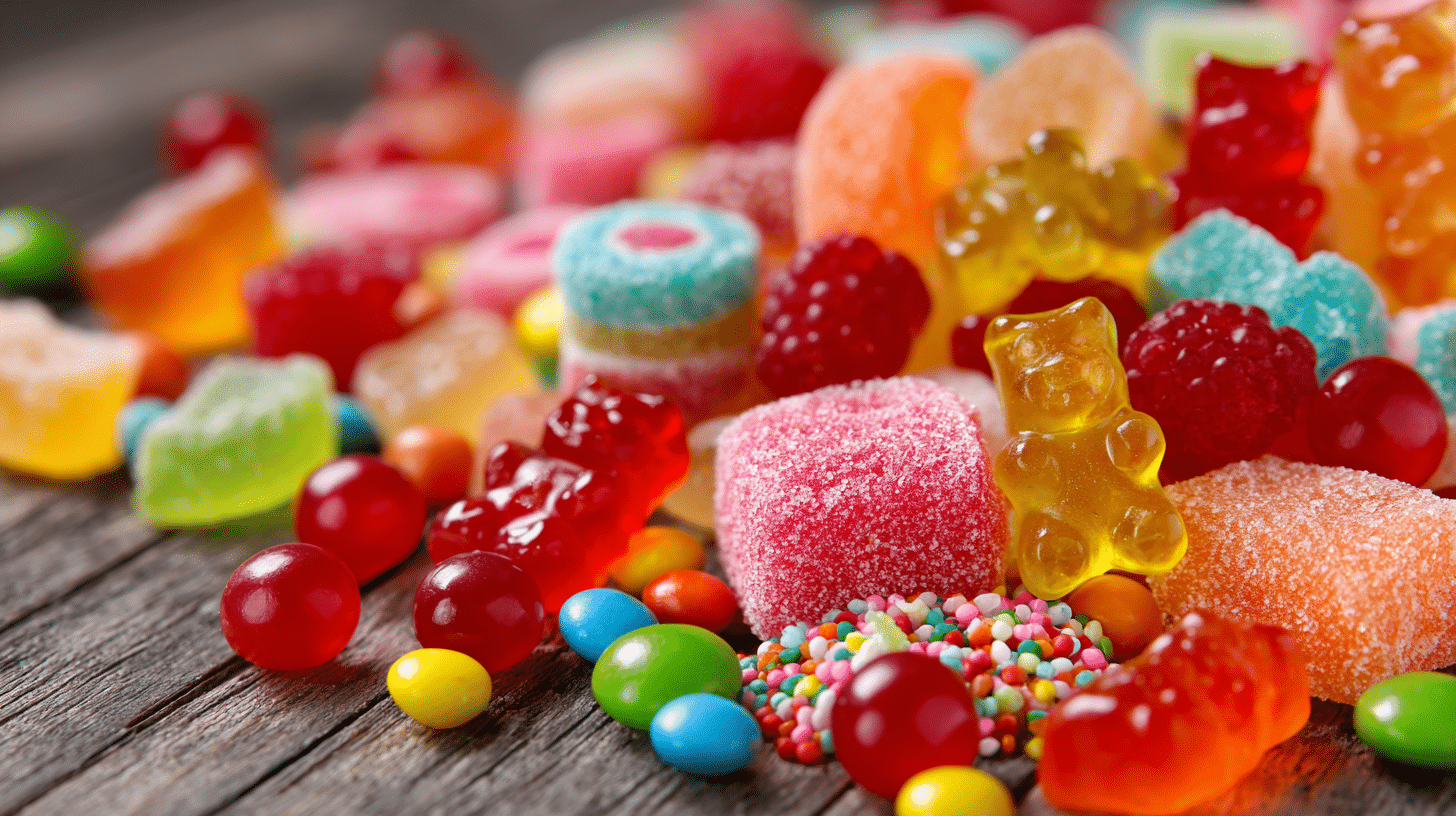
These synthetic additives may disrupt your gut bacteria balance and have been linked to digestive issues in some sensitive individuals.
Some artificial colors, particularly certain red and yellow dyes, have been associated with increased gut permeability.
Your gut bacteria aren’t equipped to handle these chemical compounds, which can lead to digestive upset.
15. Excessive Dairy (For Some People)

If you’re lactose intolerant, dairy products can cause significant digestive distress and inflammation. Even if you’re not, high amounts of saturated fat from some dairy products might negatively impact gut bacteria.
Undigested lactose feeds harmful bacteria in the gut, leading to gas, bloating, and diarrhea in sensitive individuals.
Warning Signs Your Gut Might Need Help
Your body has ways of telling you when your gut health needs attention:
|
If you’re experiencing several of these symptoms, it might be time to show your gut some extra love.
The Best Foods to Heal and Nourish Your Gut
Now for the exciting part – foods that will make your gut bacteria dance with joy!
1. Fermented Foods
Yogurt with live cultures, kefir, sauerkraut, kimchi, and kombucha are packed with beneficial probiotics.
These foods deliver good bacteria directly to your gut, helping to restore balance naturally. Start with just a small serving daily and gradually increase as your gut adjusts.
2. Prebiotic Powerhouses
Garlic, onions, leeks, bananas, and asparagus contain special fibers that feed your good bacteria. Think of these as premium fuel for your gut’s helpful residents.
Add them to soups, salads, or smoothies for an easy gut-health boost.
3. Whole Grains and Legumes
Brown rice, quinoa, oats, lentils, and beans provide the fiber your gut bacteria love to munch on. They also help keep you feeling full and satisfied.
Swap white rice for brown, or add a handful of beans to your salad for instant fiber.
4. Healthy Fats
Olive oil, avocados, nuts, seeds, and fatty fish like salmon provide anti-inflammatory fats that support your gut lining and overall digestive health.
Drizzle olive oil on vegetables or enjoy a small handful of walnuts as a snack. Aim for fatty fish like salmon or sardines twice a week for optimal omega-3 benefits.
Colorful Fruits and Vegetables
Berries, leafy greens, colorful peppers, and other produce are rich in polyphenols – compounds that promote the growth of beneficial bacteria while fighting inflammation.
The more colors on your plate, the more diverse nutrients you’re feeding your gut. Try to include at least three different colored vegetables or fruits in each meal.
Simple Ways to Improve Your Gut Health Today
Making gut-healthy changes doesn’t have to be overwhelming. Here are some easy swaps you can make:
- Instead of: Sugary cereal → Try: Oatmeal topped with berries and a sprinkle of ground flax seeds
- Instead of: White bread → Try: Whole grain sourdough bread
- Instead of: Processed snack bars → Try: Apple slices with almond butter
- Instead of: Soda → Try: Sparkling water with fresh fruit
Start cooking more at home, where you control the ingredients. Read labels and choose products with fewer additives and preservatives.
When shopping, stick to the outer edges of the grocery store where fresh, whole foods are typically located.
Take Care of Your Gut Health
Remember, your gut health affects so much more than just digestion.
By avoiding the worst offenders like ultra-processed foods, artificial sweeteners, and excessive sugar, while embracing gut-loving foods like fermented vegetables, whole grains, and colorful produce, you’re investing in your overall well-being.
Start small – maybe swap your afternoon soda for kombucha, or add some sauerkraut to your sandwich. Every positive change, no matter how small, is a step toward better gut health.
Your gut has been working hard for you every single day. Now it’s time to return the favor by feeding it the nourishing foods it deserves. Your digestive system – and your entire body – will thank you for it!








